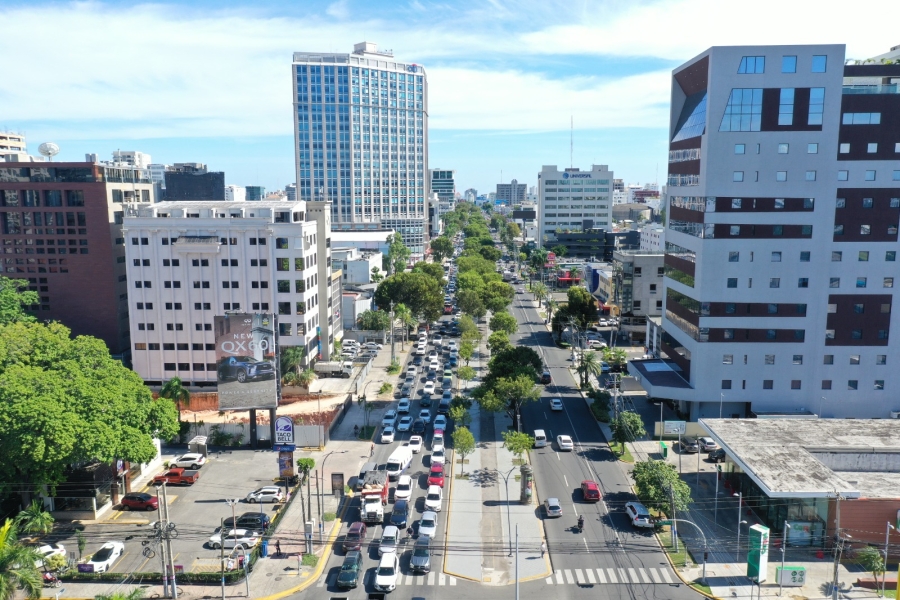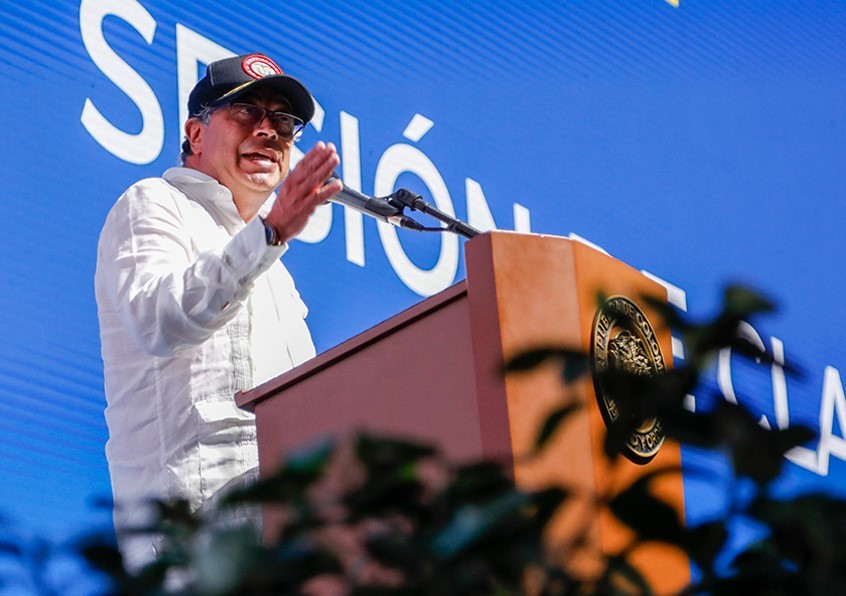

Dominican Republic: LatAm Champion in Easing Business Complexity
As Colombia now among the worst three countries worldwide.
BY LATINVEX STAFF
The Dominican Republic saw a dramatic improvement in business complexity and led the way in Latin American change, while Colombia is now among the top three worst countries worldwide in terms of most complex business environment, according to the 2024 Global Business Complexity Index from the TMF Group.
The Global Business Complexity Index is based on 292 indicators relating to business complexity and provides in-depth analysis of global and local challenges impacting on the ease of doing business around the world. These data points are used to compile a global ranking of the 78 jurisdictions, based on the complexity of their business environments and covering legislation, compliance, accounting procedures, tax regimes, human resources (HR) rules and payroll processes.
The index also shows that Latin America remains a complex area for business, with countries from the region accounting for five of the ten worst nations worldwide.
| Most Complex Countries | ||||
| Ranked by worst to best. LRK=Latin America rank. GRK=Global rank. |
||||
| LRK | GRK | Ch | Country | |
| 1 | 3 | 2 | Colombia | |
| 2 | 4 | Mexico | ||
| 3 | 5 | 4 | Bolivia | |
| 4 | 7 | -4 | Brazil | |
| 5 | 9 | -2 | Peru | |
| 6 | 12 | -2 | Argentina | |
| 7 | 13 | 6 | Paraguay | |
| 8 | 21 | -7 | Chile | |
| 9 | 22 | Venezuela | ||
| 10 | 26 | 9 | Uruguay | |
| 11 | 30 | 10 | Ecuador | |
| 12 | 39 | -12 | Panama | |
| 13 | 44 | -7 | Guatemala | |
| 14 | 46 | -28 | Dom. Rep. | |
| 15 | 50 | -6 | El Salvador | |
| 16 | 51 | -6 | Costa Rica | |
| 17 | 53 | -27 | Nicaragua | |
| 18 | 60 | -13 | Honduras | |
| Sources: Global Business Complexity Index 2024, | ||||
| TMF Group; Latinvex (LatAm ranking) | ||||
DOMINICAN REPUBLIC
The Dominican Republic, which has been led by business-friendly President Luis Abinader since August 2020 – saw a dramatic jump in the rankings, going from 18th place to 46th place.
In other words, it went from being among the worst eight countries in Latin America to among the five best now.
Key factor behind the improvement include the implementation of new electronic invoicing, which is expected to reduce risks and errors and making business transactions less complex.
Meanwhile, the Dominican Republic has a strong competitive edge in areas like renewable energy, technology, and tourism, TMF says.
Last year, the Dominican Republic set a new all-time record in tourism arrivals, thanks to aggressive pro-active policies by Abinader and his tourism minister David Collado.
COLOMBIA
Colombia’s high ranking is driven by its complex accounting and tax systems.
“As a jurisdiction, its business environment is characterized by frequent tax reforms, with as many as 19 reforms introduced in the past seven years,” TMF points out.
And although Colombia boasts over 100 international treaties to boost trade and investment, it faces political and social instability which has in turn discouraged investors, TMF says.
Critics of Colombia’s leftist president Gustavo Petro say he has practically paralized police and army in its fight against armed groups, which in turn have strengthened.
MEXICO AND BRAZIL
Mexico and Brazil – both led by leftist presidents – continue to rank among the world’s worst countries.
Mexico ranks as 4th-worst worldwide, with complex rules and regulations making a major contribution to its overall complexity.
“The time it takes to set up a bank account and varying requirements for obtaining a working visa are examples of this complexity,” TMF says.
Meanwhile, Brazil continues to improve its position on the ranking, but TMF points out that this is more due to other jurisdictions becoming more complex than any internal changes in Brazil.
“The prime complexity drivers in Brazil are tax legislation and varied legislation at different administrative levels,” it says. “Brazil’s tax legislation, characterized by local variations, makes operations planning complex. Choosing an optimal tax regime will depend on the industry and the part of Brazil you want to operate in. Additionally, labor regimes and union strength also majorly differ across the country, with the South having more available talent. This necessitates strong local knowledge of the country.”
© Copyright Latinvex












